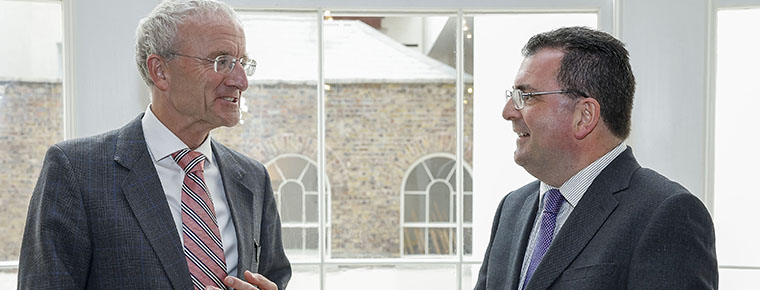
LSRA launches new legal-partnership model
The legal-services watchdog has formally introduced legal partnerships, a new business structure for the legal profession.
For the first time, solicitors will be able to form partnerships with barristers, and barristers to form partnerships with other barristers, to deliver legal services to consumers.
The Legal Services Regulatory Authority (LSRA) says that the move broadens the scope of business models available to legal practitioners, allowing for greater flexibility and diversity of services delivered.
Survey
It adds that legal partnerships will also see benefits for clients by providing the option of an integrated service, or ‘one-stop shop’, for legal services.
Before the introduction of legal partnerships, only solicitors were permitted to form partnerships with other solicitors.
A survey commissioned by the regulator ahead of the announcement today (8 October) found that six out of ten legal practitioners were in favour of the new model, with one in five indicating that their law firm would likely become a solicitor-barrister partnership in the next five years.
The Ipsos B&A survey found that ‘litigation and dispute resolution’ and ‘environmental planning’ were the areas that solicitors believed would benefit most from the new structure.
'Efficiencies'
The LSRA chief executive Dr Brian O’Doherty described legal partnerships as an innovation that would help to modernise the provision of legal services and yield benefits for both legal practitioners and clients.
“Barristers and solicitors practising in partnerships will benefit from the efficiencies that flow from a group practice, such as being able to share backroom costs and client work, as well as risks.
“Consumers in turn will be offered expanded choices when availing of legal services,” he stated.
“Furthermore, the ability for two or more barristers to operate in partnerships will promote wider employment opportunities and career development in that profession, in addition to the existing models of either self-employed sole traders or in employment,” Dr O’Doherty added.